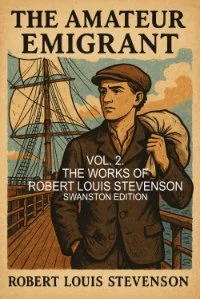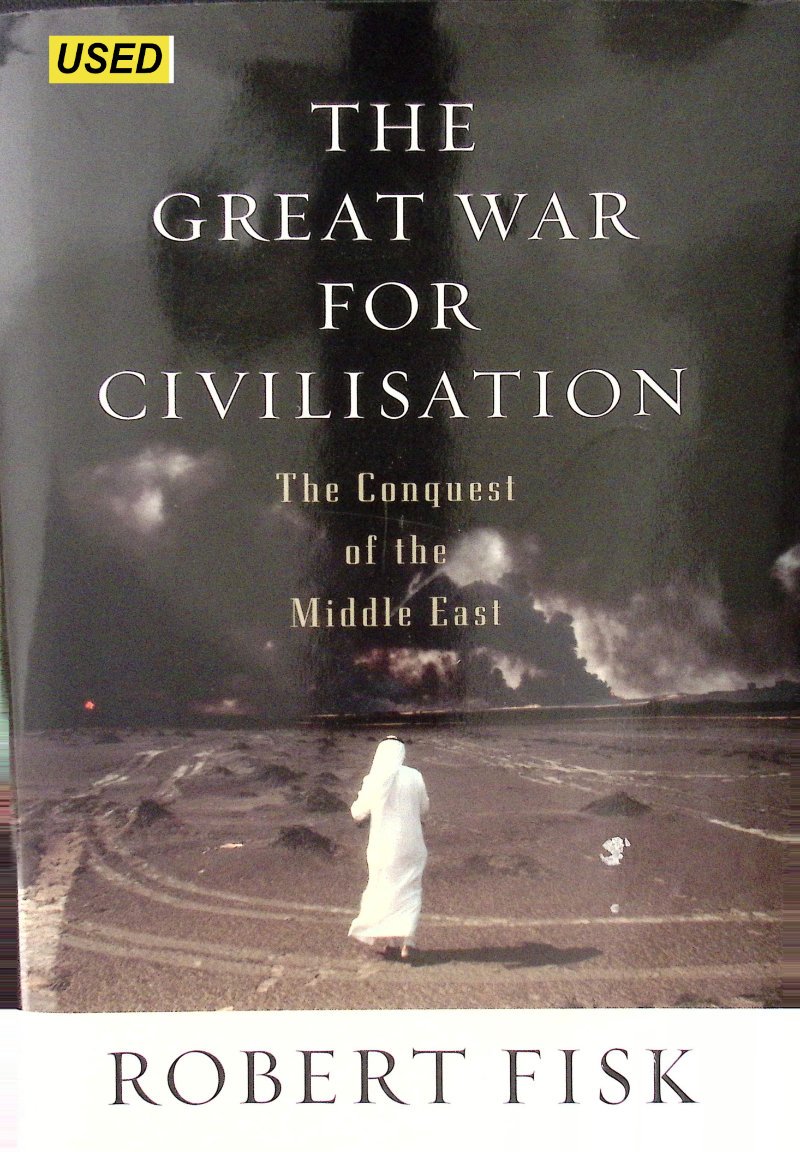By Robert Louis Stevenson
“The Pentland Rising: A Page of History, 1666” is one of Robert Louis Stevenson’s earliest published works, first appearing in 1866 when he was just sixteen years old. Included in Volume XXII of the Collected Works of Robert Louis Stevenson, this historical narrative offers a vivid and dramatic account of the Pentland Rising, a significant episode in Scottish history that marked the beginning of the Covenanter uprisings against the Stuart monarchy.
The Pentland Rising refers to the Battle of Rullion Green, fought on November 28, 1666, in the Pentland Hills near Edinburgh. It was the culmination of a brief but intense rebellion by Scottish Presbyterians—known as Covenanters—who opposed the imposition of episcopacy and sought to defend their religious freedoms against the authoritarian policies of Charles II. Stevenson’s account, though written in his youth, is notable for its clarity, narrative energy, and early signs of the literary talent that would later define his career.
In this work, Stevenson blends historical fact with dramatic storytelling, reconstructing the events leading up to the uprising, the motivations of the Covenanters, and the brutal suppression that followed. He draws on historical sources and family lore—his own ancestors were connected to the events—to create a compelling portrait of religious conviction, political resistance, and tragic heroism.
Though brief, The Pentland Rising is rich in historical detail and emotional resonance. It reflects Stevenson’s early interest in Scottish history, identity, and moral conflict, themes that would recur throughout his later works. The narrative captures the tension between loyalty to conscience and obedience to authority, making it both a historical document and a meditation on civil disobedience.
The Swanston Edition (Volume XXII) presents this early work with scholarly annotations and contextual commentary, situating it within Stevenson’s development as a writer and the broader historical landscape of 17th-century Scotland. For readers interested in Scottish history, religious conflict, or the formative writings of one of the 19th century’s most beloved authors, The Pentland Rising offers a fascinating and poignant glimpse into the past.
Read-Me.Org Inc. Australia-New York-Philadelphia. 2025. 202p.











